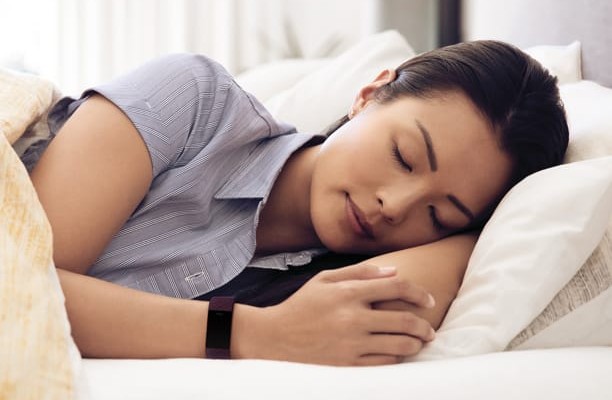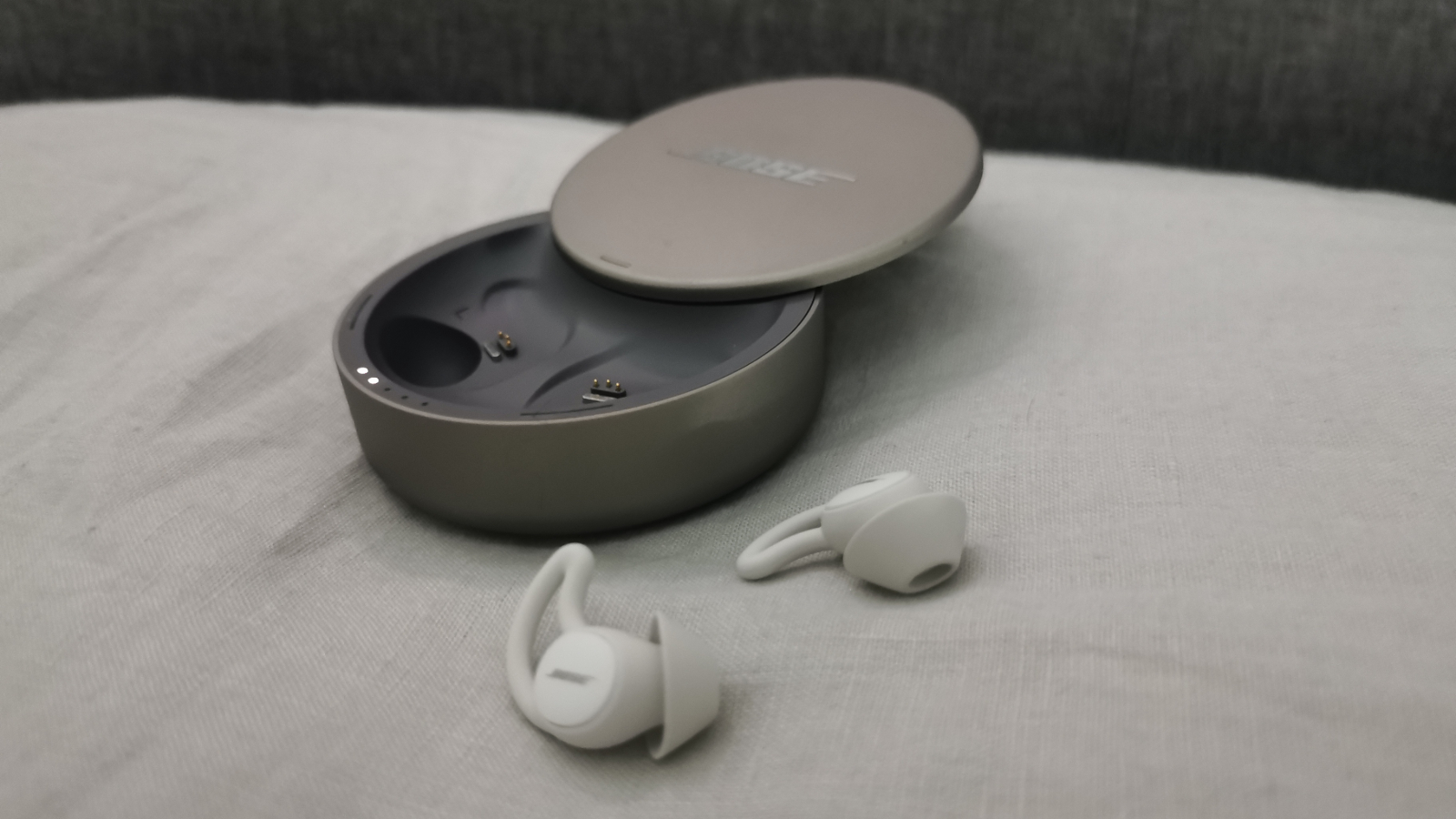
Fitbit will soon be adding snore detection to its set of sleep-tracking features, giving you a more complete picture of your sleep habits and helping you get a better night's rest.
At the moment, your Fitbit offers the same type of sleep tracking as any other fitness tracker or smartwatch, tracking time spent snoozing and monitoring sleep stages using a combination of heart rate and data from the device's accelerometer. In the morning, you'll receive a sleep score, together with practical advice based on your nocturnal activity. It looks like that's about to change, though.
- We're expecting to see big savings on Fitbits for Prime Day 2021
- Keep tabs on your workouts with the best running watches
- On a budget? Check out the best cheap running watches
According to new information discovered by 9to5Google in the Fitbit app's installation files, your device will soon be able to detect snoring as well, and even assign you an 'animal' profile based on your sleeping habits. For example, someone who sleeps fitfully might be classified as a bear, while a person who snoozes solidly would be a tortoise.
Snore detection isn't rolling out yet, but it seems almost certain that it will only be available for Fitbit devices with microphones. That rules out the company's slimline activity trackers, including the Fitbit Inspire, Inspire HR, Inspire 2 and Luxe.

It is, however, likely to be available for the Fitbit Sense, Versa 2 and Versa 3, which contain microphones to allow voice controls via Alexa and Google Assistant.
It's also possible that snore detection may only be accessible to Fitbit Premium subscribers. Many of the operating system's latest updates, including meditation sessions led by Deepak Chropra, have been exclusive to Premium members.
We can say one thing for certain though: the fact that the new feature is rolling out for Fitbit's on operating system means it won't be exclusive to the forthcoming Google Wear OS-powered Fitbit smartwatch, which we're expecting some time in the coming months.
Get daily insight, inspiration and deals in your inbox
Sign up for breaking news, reviews, opinion, top tech deals, and more.
Sleep tight
Snore detection isn't unique to Fitbit – some dedicated sleep trackers can already tell whether you're making noises at night. The Withings Sleep Analyzer, for example, is a thin mat that lies underneath your mattress, and is equipped with a sensitive microphone that detects snoring episodes, how long they last, and any factors that might affect them (such as how late you went to sleep).
It can also differentiate between your snores and those of your partner, as well as background sounds such as washing machines and phone vibrations
If you suffer from snoring, the UK's National Health Service suggests sleeping on your side, and possibly even going so far as to stitch a tennis ball to the back of your pyjamas so sleeping on your back is unbearably uncomfortable.

If your partner's snoring is disturbing your sleep, you could opt for a simple pair of earplugs, or something more soothing to drown out the sound, like the Bose Sleepbuds II, which sit comfortably in the ear (even if you sleep on your side) and provide gentle sounds to help you drift off.
If you're on a tighter budget, the AcousticSheep SleepPhones are a soft headband containing flat speakers that rest against your ears and allow you to snooze to music, podcasts or ambient noises streamed from your smartphone, and although much less sophisticated, are a cheaper option than the Sleepbuds.
- We've tested and ranked the best cheap fitness trackers

Cat is TechRadar's Homes Editor specializing in kitchen appliances and smart home technology. She's been a tech journalist for 15 years, having worked on print magazines including PC Plus and PC Format, and is a Speciality Coffee Association (SCA) certified barista. Whether you want to invest in some smart lights or pick up a new espresso machine, she's the right person to help.